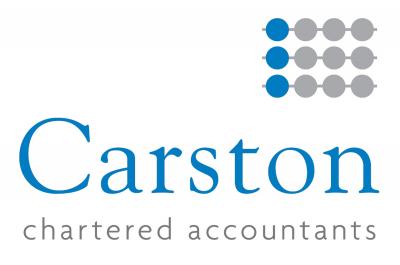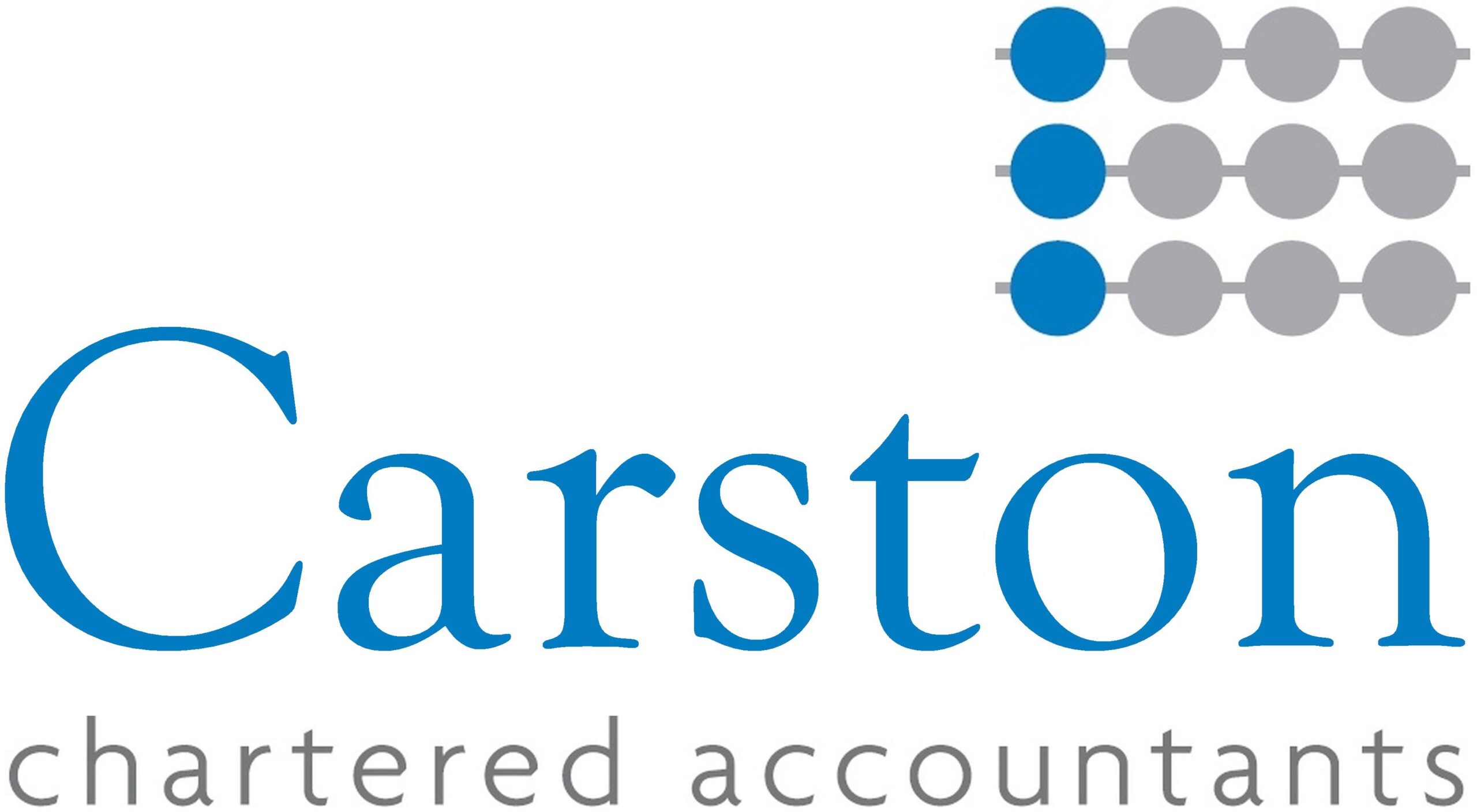The off-payroll working tax rules (IR35) centre on unmasking what HMRC refers to as disguised employees and ensuring they pay the right amounts of tax.
Typically, there is where an individual provides their services to clients through their own personal service companies (PSC), but essentially fulfils the role of an employee for their clients.
A lot of these individuals, or contractors, are in the public eye and have ended up in tax tribunals as a result of HMRC pursuing them for what it considers to be falling foul of the rules.
The tax authority seems to want to make high-profile examples of celebrities, such as television presenter Lorraine Kelly and ex-England striker Gary Lineker, among others.
Let’s have a look at how the IR35 rules are affecting Kelly and Lineker, and what sort of precedent these cases could be setting for other individuals, contractors, and the clients they’re accused of working for.
Lorraine Kelly vs HMRC
This case centres on a contract that Kelly signed in 2012 – through a PSC she runs with her husband, Albatel Ltd – to present three morning television shows for ITV Breakfast Ltd.
Four years’ later, she received a tax bill totalling more than £1.25 million, which contained nearly £900,000 in income tax and more than £300,000 in National Insurance contributions (NICs).
The Scottish broadcaster appealed the verdict to a first-tier tribunal and said she was a self-employed freelancer. The judge agreed, citing that she performs as her “chatty” TV persona, rather than being an ITV employee.
The fact she did not receive employee benefits, such as sick pay or annual leave, and that the Glaswegian-born presenter was free to pursue other opportunities, sufficiently demonstrated her self-employment status.
Gary Lineker vs HMRC
In April 2021, HMRC revealed it was pursuing a potential IR35 tax debt of more than £4.9m, allegedly owed by the former professional footballer and TV presenter Gary Lineker.
The taxman believes Lineker owes £3,621,735.90 in income tax and £1,307,160.46 in NICs for TV work at both the BBC and BT Sport between 2013 and 2018.
HMRC claims the 80-cap former England international should’ve been paid as a direct employee of both companies, rather than through his PSC – Gary Lineker Media.
Lineker appealed the claim on the grounds he’s already paid much of the tax and NICs on those earnings and it appears this one’s gone into the UK tax tribunal’s black box for now, with the outcome still pending.
To appeal or not appeal?
When it comes to IR35, an individual’s employment status – meaning whether they are classed as an employee or self-employed – determines how much income tax and NICs they pay.
However, the number of cases being brought, and occasionally lost, by HMRC reflects the reality that determining one’s employment status can be a nuanced question which leaves the door open to appeals.
At Carston’s, we are specialist accountants for sportspeople and freelance entertainers. We advise contractors on all aspects of the IR35 rules. To find out more, email enquiries@sblcarston.com or call 029 2023 3223.

